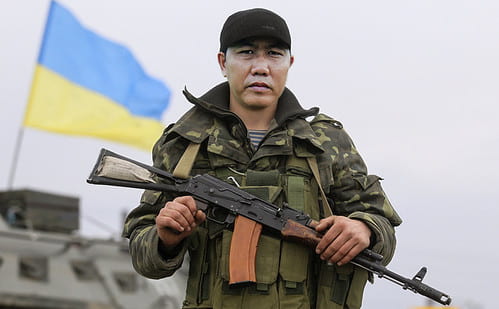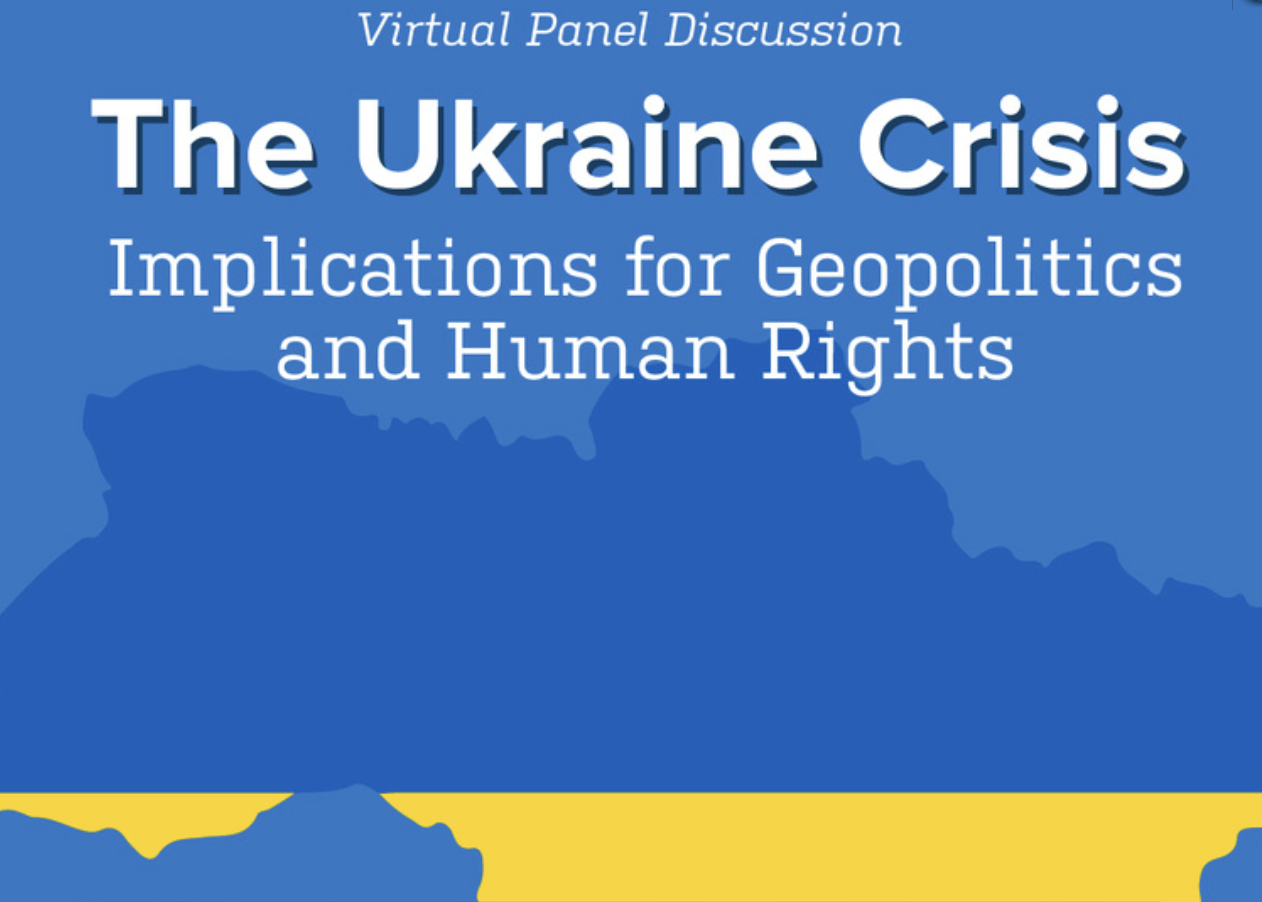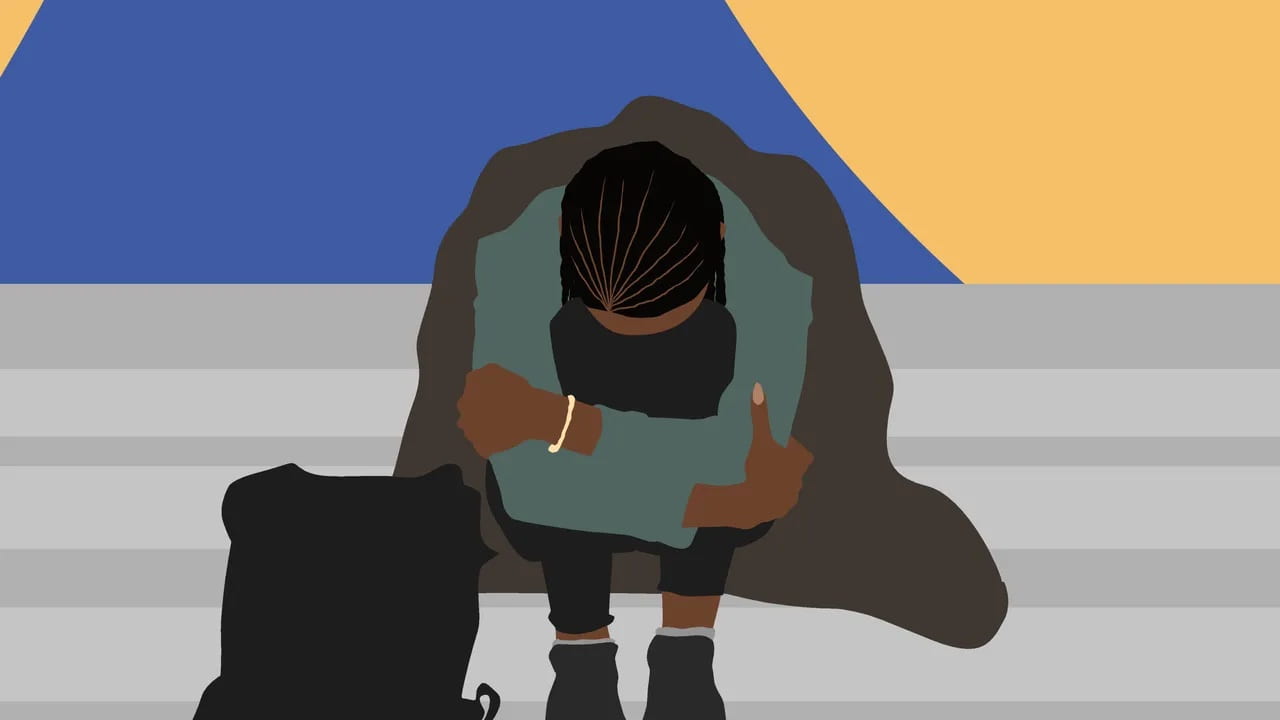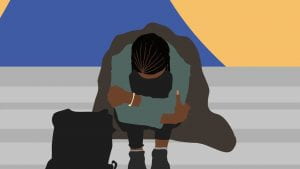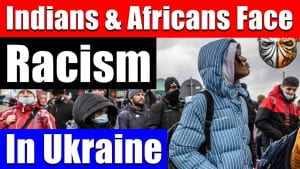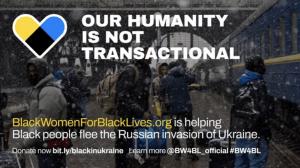
On Tuesday, February 18th, Russia and the U.S. began a discussion regarding an end to the Russia/Ukraine war. Along with talk about ending the war, the two countries spoke about making improvements to their economic and diplomatic ties. Marco Rubio, the U.S. Secretary of State; Michael Waltz, U.S. President Trump’s national security advisor; Sergey Lavrov, Russia’s Secretary of State; and Yuri Ushakov, President Putin’s foreign affairs advisor, were present at the meeting.
If you’re asking yourself, “Wait, isn’t there a country missing from the meeting?” You would be correct. Ukraine was not present, nor were they invited to the meeting in which the future of their state was being discussed. Ukrainian President Zelenskyy stated that Ukraine would disregard any conclusion the meeting came to, as Ukraine had not been a part of it.
Ukraine received a great deal of American support throughout the Biden Administration’s term in office. Ukraine Oversight reports and tracks funding and aid that has come from the U.S. during the time period of February 2022 until December 2024. The total amount has been $182.8 billion. Of that total $83.4 billion has been used, $57 billion is obligated but not yet distributed, $39.6 billion has been appropriated but is not obligated to be paid, and $2.7 billion has expired. Ukraine has also received aid from the U.S. and other G7 nations, which are France, Japan, Canada, Italy, and the United Kingdom, in the form of a loan program that would provide $20 billion to be paid from frozen Russian assets. The website further breaks down where the money has come from. The U.S. Department of State also offers explanations and breakdowns of what the money was spent on and the aid that was sent to Ukraine.
Ukrainian President Zelenskyy has repeatedly thanked the U.S. for the aid Ukraine has received since the invasion in 2022. In 2022, President Zelenskyy gifted the U.S. Congress with a Ukrainian war flag. He has also thanked the American people on multiple occasions, as well as stated that their money is an investment in the security and future of Ukraine and its people.
U.S. President Trump recently stated that Ukraine had three years to put a stop to this war and that they (presumably meaning Ukraine) should have never started it to begin with. As was stated in my last blog in relation to the Russia/Ukraine war, Russia started the war by invading Ukraine in 2022. Russia also previously illegally annexed Crimea from Ukraine in 2014. To this day Russia still occupies Crimea. While Rubio had exclaimed his excitement for the end of the war and the concept of bringing Russia and the U.S. closer together, Ukrainian forces continued to be overwhelmed by the illegal invasion of Russian troops.
If you are interested in the human rights violations that occurred in 2024 regarding the Russian Ukrainian war, check out my blog post, Russia-Ukraine War Update and Interview With Ukrainian UAB Student. For this blog I will focus on recent developments about U.S. and Ukrainian relations, Ukrainian and European relations, and human rights violations committed by Russia.
Tensions Between Ukraine and U.S. Grow

Ukraine is a land rich in critical minerals such as ilmenite, which is used in the production of titanium. The vast potential of Ukraine’s critical mineral industry has been untapped due to war and state policies. Recently, the Trump Administration proposed that U.S. companies should have access to these mining pits for ilmenite in exchange for U.S. aid in the war.
The first deal that the U.S. proposed would have Ukraine pay $500 billion worth in minerals while receiving no guarantee of security. They would receive weapons and Ukraine would have to pay a debt for generations. This agreement was rejected by President Zelenskyy on February 15th because it did not protect either Ukraine nor the country’s interests. In an AP article, they talk of Ukrainians’ feelings of unease at the prospects of U.S. businesses on their land. Many people felt that too much would be given away in exchange for weapons.
The second agreement that was drawn up stated that Ukraine would give 50% of its entire revenue on natural resources into a fund. This fund would then be used to invest in projects in Ukraine. As of now, the projects that would be funded are not defined in the agreement and will be further defined in later discussions. This agreement still does not guarantee the security of Ukraine.
The success of this agreement would have been determined in part by the success of private investment in Ukraine’s mineral resources. The ongoing war and reconstruction of Ukrainian infrastructure could hinder investment into the mining of these minerals. With no outlines for Ukraine security, mining companies are hesitant about investing in the country. Mining is an extremely expensive industry, and with the threat of Russian attacks, it is extremely unlikely that a corporation would risk investing in Ukraine.
This new agreement was going to be discussed in person between President Zelenskyy, who traveled to the U.S. on February 28th, 2025, and President Trump. However, during the meeting, not much was able to be said as President Trump, who was seated next to Vice President J.D. Vance, yelled at Ukraine’s President. The mineral agreement was not signed, as was originally intended, during that meeting.
Ukraine has been struggling against Russian forces for three years. Comments made by U.S. defense secretary, Pete Hegseth that Ukraine must give up hope of regaining its territory or getting NATO membership, have poured salt on wounds that have not been given time to heal in the last three years. Ukrainians have been worried over the position they will be left in after a peace agreement between Russia and Ukraine is decided.
For years, the overall Western consensus has been that no agreement will come at the cost of Ukrainians still living in places now occupied by Russia. That viewpoint may now be changing in the United States, and Ukraine and other nations located close to Russia fear that a break in the war will allow Russia’s military to regroup and potentially invade Ukraine again as well as other parts of Europe.
European Nations Uniting

On Sunday, March 2, 2025, the leaders of Ukraine, Spain, Germany, Italy, Netherlands, Poland, Canada, Finland, Sweden, France, the Czech Republic, Romania, and Britain, as well as the Turkish Foreign Minister, attended a meeting about Ukraine at London’s Lancaster House. This was done in a show of support for Ukraine. During the meeting, the leaders agreed that it was in everyone’s interest that defense efforts be expanded so that peace could finally be accomplished for Ukraine.
It is worth noting that British Prime Minister Keir Starmer still said that the support of the U.S. was critical for this plan to work. In other words, while Europe must be at the forefront of Ukraine’s defense, the U.S. must back the rest of Europe for the defense to work.
While Europe is attempting to support and back Ukraine, on March 3, 2025, U.S. President Trump officially paused all military aid to Ukraine in hope of pressuring President Zelenskyy into negotiating peace talks with Russia. These peace talks, if rushed, will most likely give Russia the upper hand and negate any hope Ukraine has had for regaining the Ukrainian land that is currently occupied by Russia.
Russia’s Continued Human Rights Violations

Amnesty International stated that any peace talks that do not include justice and repercussions for the international laws violations and human rights violations that have occurred against Ukraine will only serve to prolong Ukrainian suffering. Throughout the three years that Russia has been invading Ukraine, Russia has continued to target civilian infrastructure.
Residential buildings, schools, cultural heritage sites, and hospitals are some of the civilian infrastructure that has been destroyed by Russian forces. In my previous blog about the war, I wrote that the summer of 2024 was the deadliest time for children in Ukraine. Children are the most vulnerable members of society. Russia’s disregard for the lives of Ukrainian civilians, specifically children, is a violation of human rights. Since the invasion of Ukraine, thousands of schools have either been destroyed or have fallen under the control of Russia.
During Russia’s occupation of Crimea, people have been convicted of discrediting Russian armed forces, which violates the right to freedom of expression. Article 19 of the Universal Declaration of Human Rights (UDHR) states that all people have the freedom of opinion and expression. When those freedoms are interfered with, it is a violation of human rights. Crimean Tatars who are imprisoned have also been denied medical care. Additionally, 6,000 prisoners of war (POW) continue to be detained by Russian forces. POW and civilians alike have been subject to torture. In the year of 2024, Russia charged at least 120 Ukrainian POWs with terrorism. Since then, they have all been executed.
It is estimated that, as of July 2024, 14,000 Ukrainian citizens had been wrongfully and unlawfully detained by Russia. There are reports of war crimes and crimes against humanity being inflicted on Ukrainian civilians. These offenses include torture, sexual violence, extrajudicial killings, and denials of fair trials. In Article 5 of the Universal Declaration of Human Rights (UDHR), it is stated that torture or inhuman punishment is a violation of human rights.
Many Ukrainian civilians have been subject to arbitrary arrest, and over 50,000 Ukrainians have been reported missing. Arbitrary arrest is the unlawful arrest and detainment of a person by a government without due process. Article 9 of the Universal Declaration of Human Rights (UDHR) states that arbitrary arrest, exiles, and detentions are human rights violations.
In places occupied by Russia, 1.6 million Ukrainian children must attend schools, learn the curriculum, and abide by the rules of invaders, where Ukrainian children are deprived of learning their language, cultural heritage, and history. If students are to continue their Ukrainian education, they must do so online. This is in violation of Article 26 of the UDHR, which pertains to the right to education and the parents choice of their child’s education and Article 27 of the UDHR, which states that people have the right to participate in the cultural life of the community.
Conclusion:
As is stated in my last blog about the Russia and Ukraine war, there are a couple of things you can do to help defend human rights in this situation. The U.N. Refugee Agency and the Ukrainian Red Cross Society continue to send humanitarian aid to Ukraine. If you are able and willing, these sites take donations.
You can also help protect human rights by staying informed and reading reliable sources. Disinformation on Ukraine and Russia has run rampant, and when people turn a blind eye to the truth, it is easy for human rights violations to go on unchecked. Updates on the Ukraine and Russia war are occurring daily. Make sure to continue checking for updates and to keep yourself informed.





